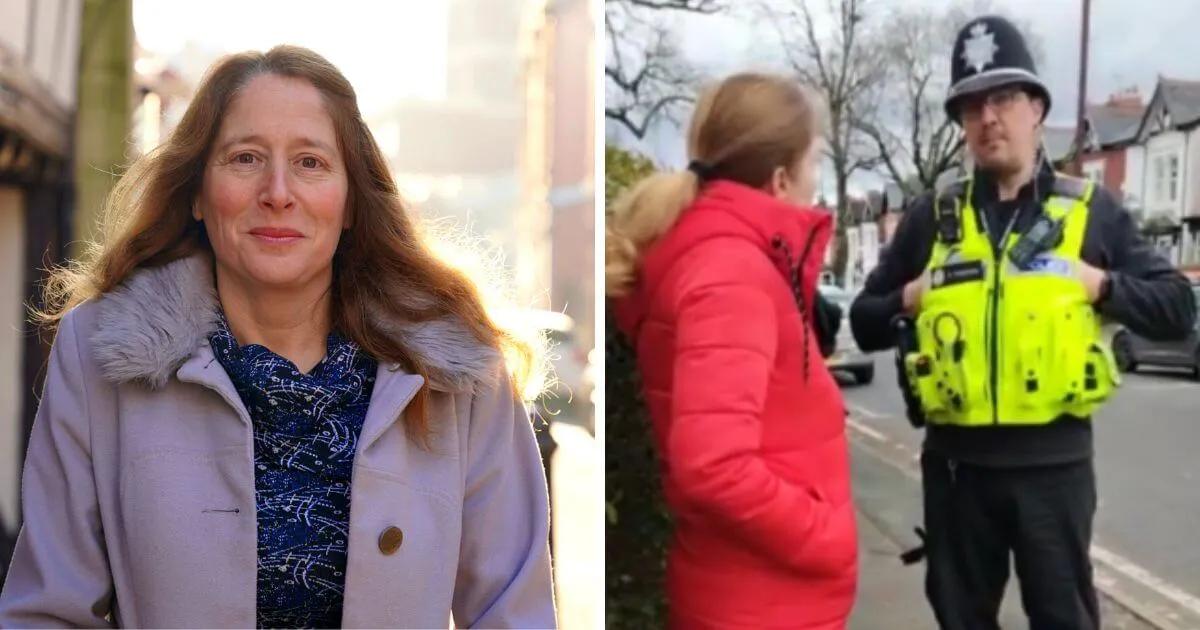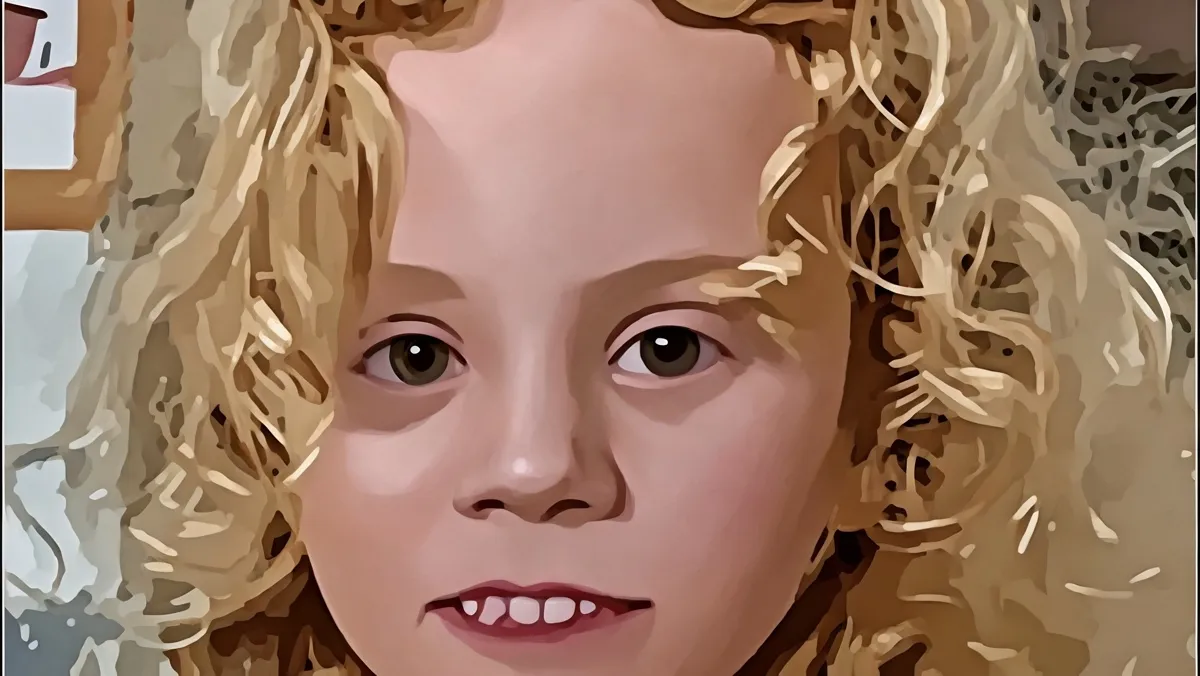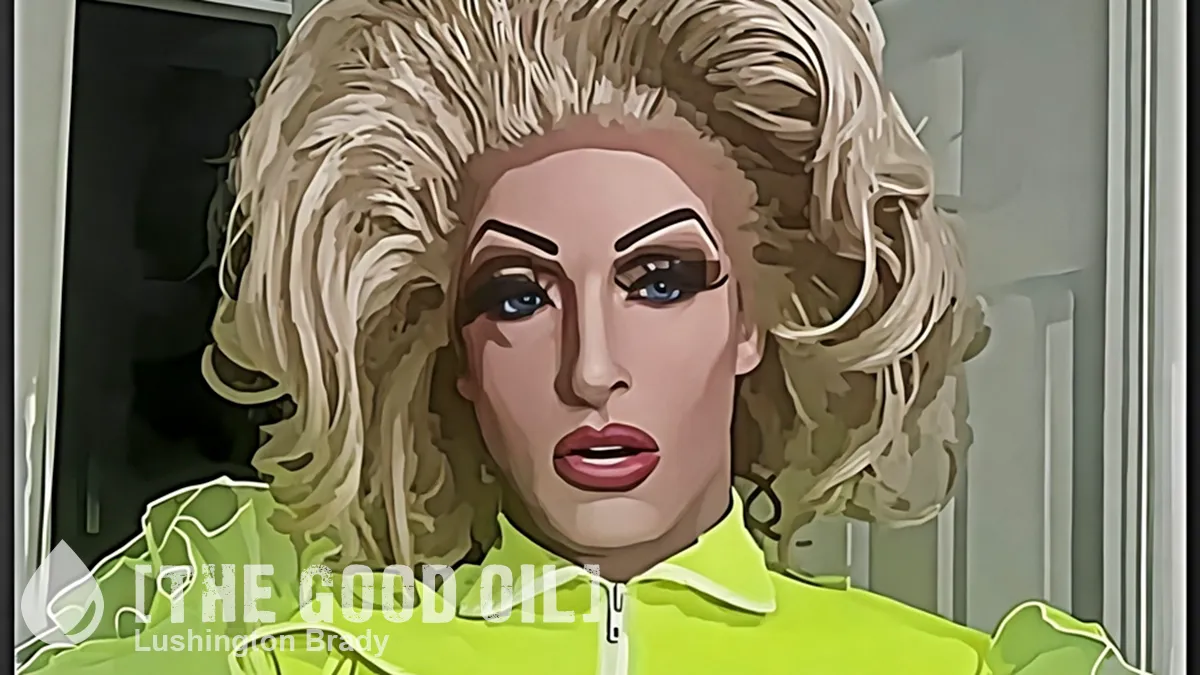Table of Contents
West Midlands Police have issued an apology to the charity volunteer who was arrested twice over the past year for praying silently within the vicinity of an abortion clinic and have confirmed that they will not be bringing charges against her.
Isabel Vaughan-Spruce was originally arrested in December last year and charged with violating a local Public Space Protection Order (PSPO) in Birmingham, which banned protest, including prayer, within a defined area surrounding an abortion clinic. Though the charges were subsequently dropped, she was arrested again in March this year for a similar alleged offence.
Now, the police have confirmed that all charges against Isabel for her second arrest have also been dropped saying that “there will be no further investigation into the alleged matter, and there will be no further action taken”.
However, it remains uncertain why there was such a delay since police informed Isabel it was due to the Crown Prosecution Service (CPS) considering charges, a claim that the CPS has denied.
“I should never have been arrested or investigated simply for the thoughts I held in my own mind”
In response to a Freedom of Information (FOI) request from Isabel’s legal team, ADF UK, the CPS said they “hold no information” regarding a charging decision for Isabel’s arrest, and that “the police should not submit a case to the CPS for charging advice when they have the power to make the charging decision themselves”.
On hearing the news, Isabel said “This isn’t 1984, but 2023 – I should never have been arrested or investigated simply for the thoughts I held in my own mind. Silent prayer is never criminal”.
“I welcome West Midland Police’s decision to end their investigation and their apology for the time it took to do so, but it’s important to highlight the extremely harmful implications of this ordeal not just for myself, but for everyone concerned with fundamental freedoms in the UK”.
“What happened to me signals to others that they too could face arrest, interrogation, investigation, and potential prosecution if caught exercising their basic freedom of thought”.
“Now that authorities have twice settled on the conclusion that silent prayer is not a crime – a conclusion also reached by the Home Secretary last week – I am thankful to resume my practice of praying silently for women in crisis pregnancies”, continued Vaughan-Spruce.
Jeremiah Igunnubole, legal counsel for ADF UK, who supported Vaughan-Spruce’s legal defence commented “The arduous process of this criminal ordeal has been the punishment for Isabel. Moreover, her story has put the world on notice that fundamental freedoms are vulnerable in the UK”.
“Silent prayer, within itself, is not unlawful”
The decision by the West Midlands Police comes just a few weeks after the Home Secretary, Suella Braverman, wrote an open letter to the Chief Constables of England and Wales in which she said that “silent prayer, within itself, is not unlawful”.
The Home Secretary’s reminder to the police came in the wake of legislation, passed in March of this year, which makes it a criminal offence to “influence” any person seeking to access abortion services within 150m of an abortion clinic. MPs failed to pass an amendment to this legislation that would have explicitly protected from prosecution those engaged in praying within their own mind and those offering help and information about abortion.
Adam Smith-Connor, a 49-year-old physiotherapist and army veteran, however, has been charged by the Bournemouth, Christchurch and Poole (BCP) Council for silently praying within an abortion facility buffer zone. His case is set to be heard in November.
Right To Life UK spokesperson, Catherine Robinson, said “While it remains a grave injustice that Isabel was dragged through this process, it must be a great relief that the police have finally confirmed they will not be pressing charges”.
“There now exists a tension between the law, and what the police and Home Secretary are willing to enforce. On the one hand, poorly constructed laws apparently police silent prayer in one’s own head and, on the other, the Home Secretary insists that thought, including silent prayer, is not unlawful. Without the law being explicit on this matter, it seems likely that something like this will happen again”.









